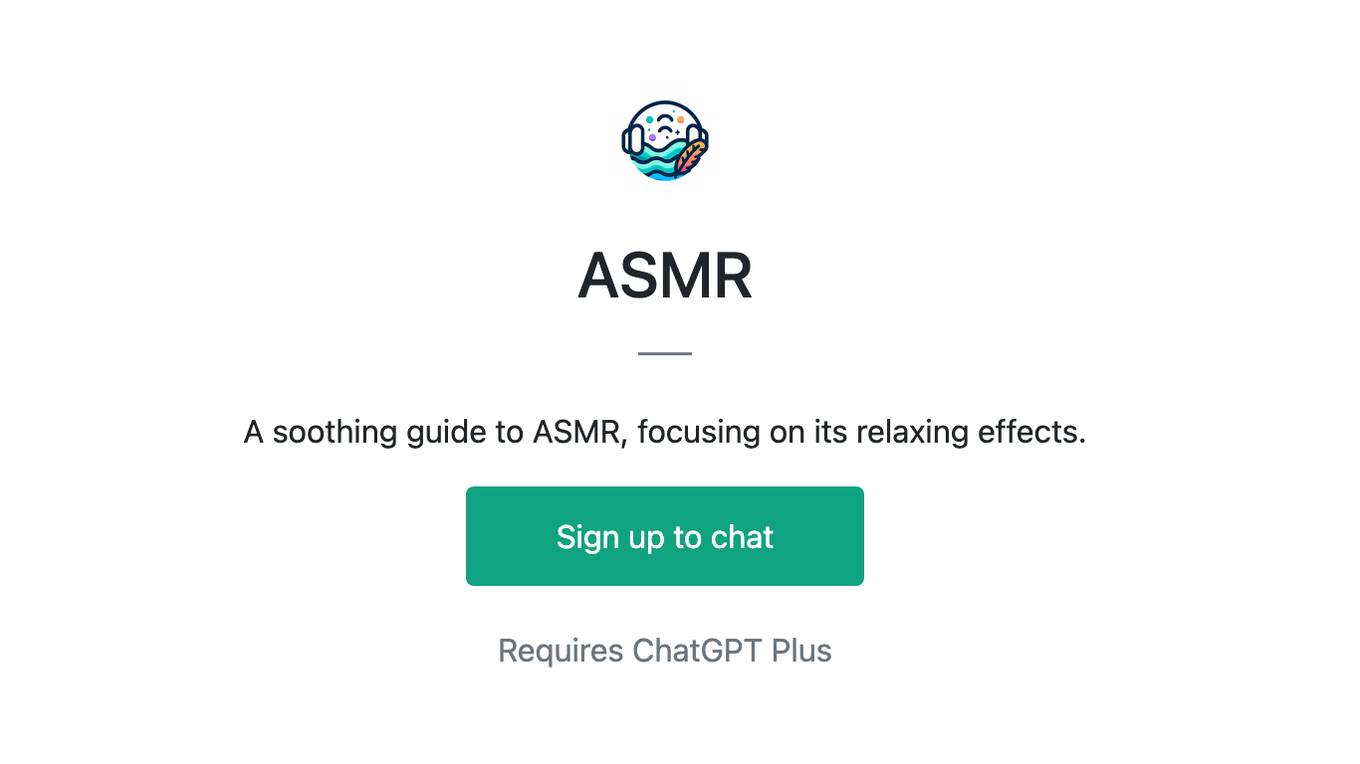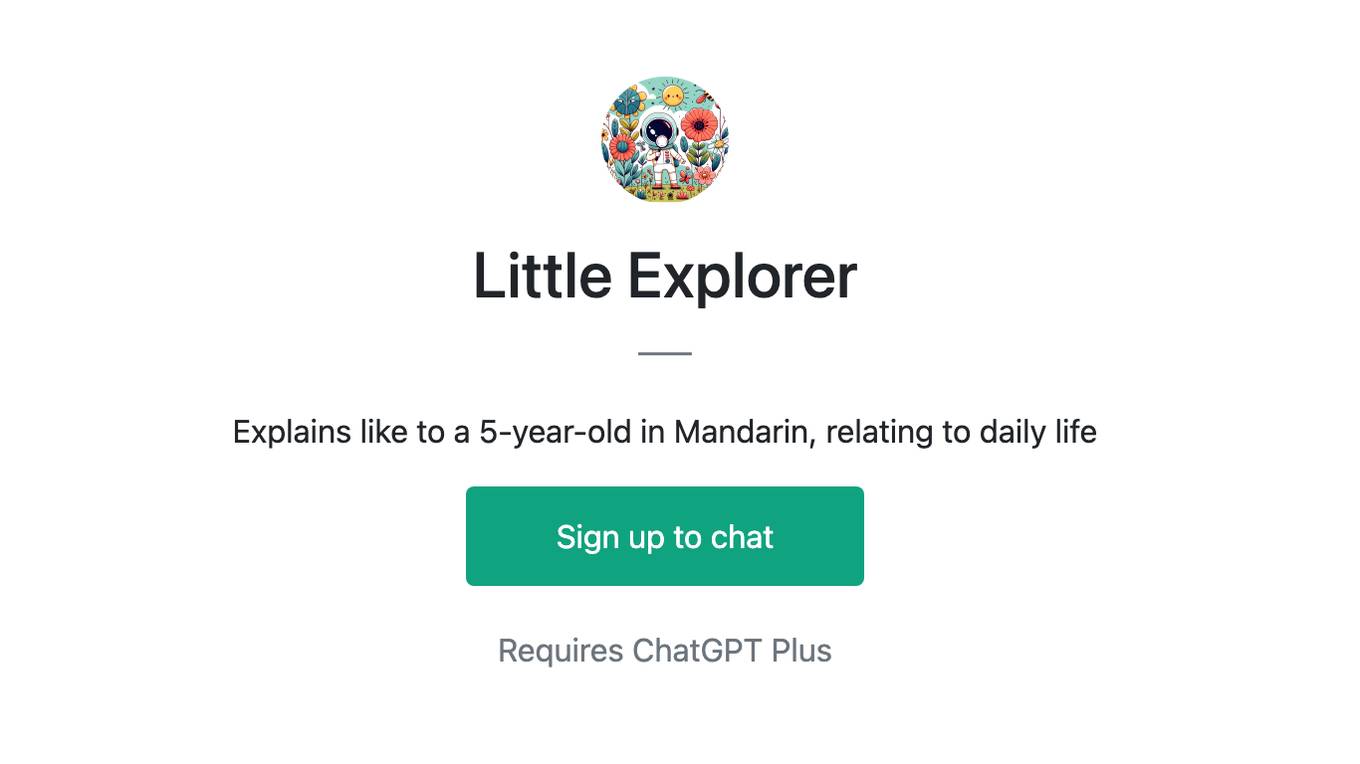Best AI tools for< Relaxing >
5 - AI tool Sites
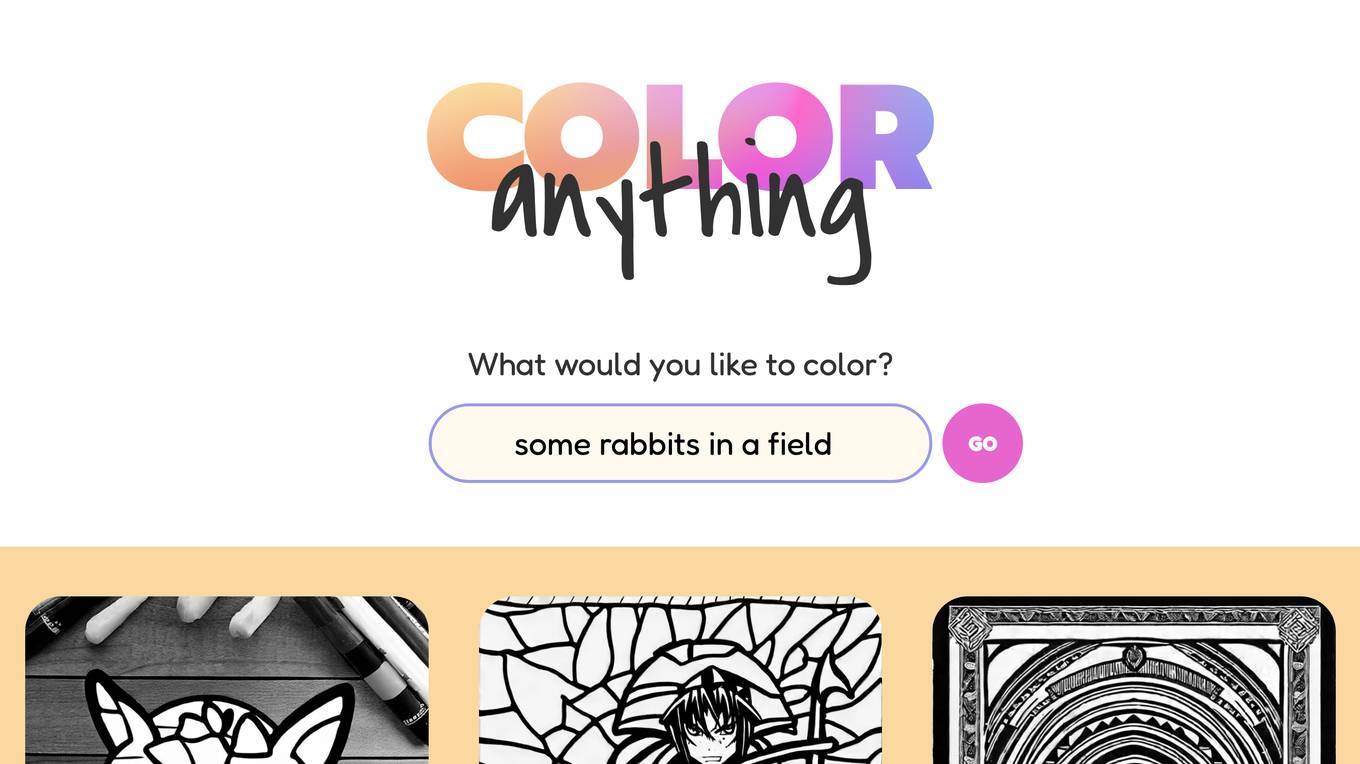
COLOR anything
COLOR anything is an AI coloring tool that allows users to color various images online. Users can choose from a wide range of coloring pages featuring animals, celebrities, nature, fantasy, and more. The tool uses artificial intelligence to provide a seamless coloring experience, making it easy and enjoyable for users of all ages.

Color Pop
Color Pop is a fun and easy-to-use coloring app that is perfect for people of all ages. With over 600 drawings to choose from, there is something for everyone. The app also includes a variety of tools and effects that allow you to create stunning works of art. Color Pop is a great way to relax and de-stress, and it can also help you to express your creativity.
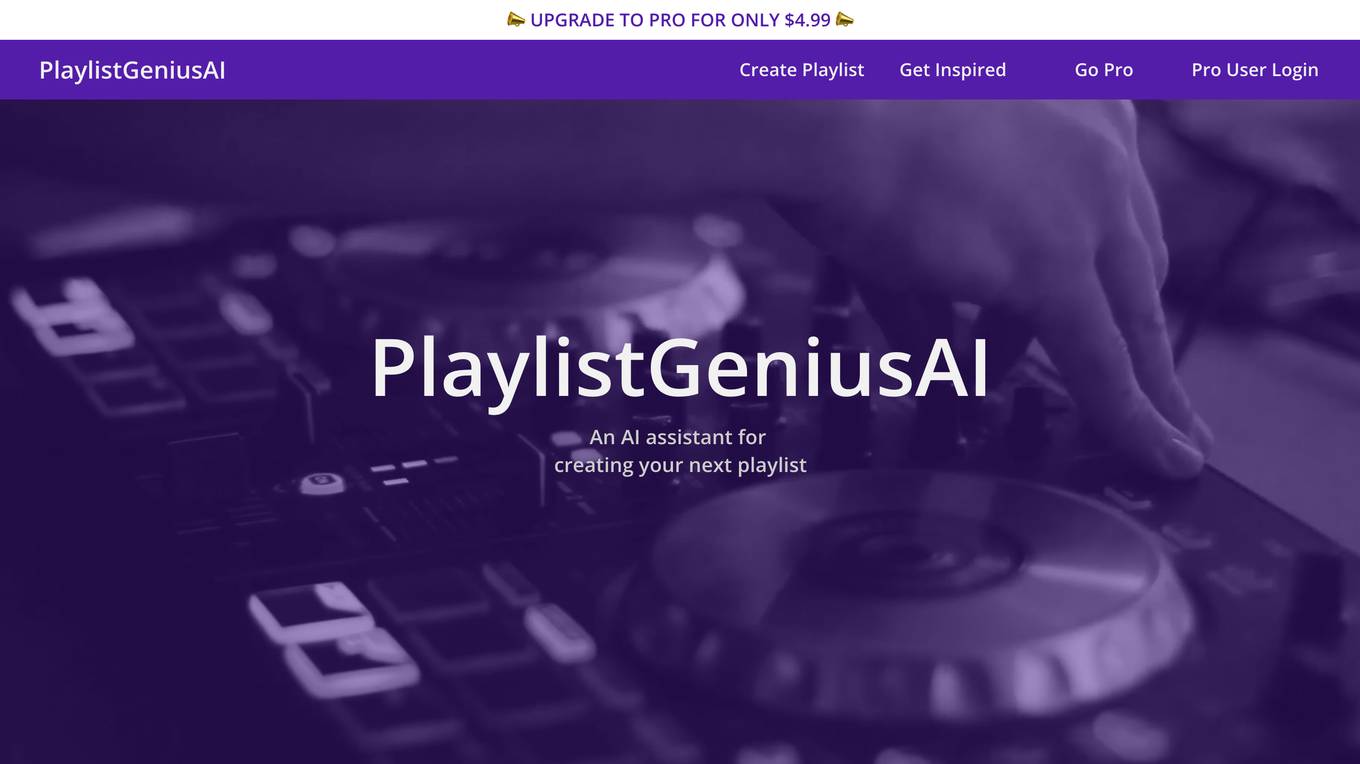
PlaylistGeniusAI
PlaylistGeniusAI is a cutting-edge artificial intelligence-powered music platform that empowers users to create personalized playlists tailored to their unique preferences. With its advanced algorithms and vast music library, PlaylistGeniusAI analyzes user listening habits, mood, and context to generate playlists that perfectly match their tastes. Whether you're looking for the perfect soundtrack for a party, a workout, or a relaxing evening, PlaylistGeniusAI has you covered.

Kodora AI
Kodora AI is a leading AI technology and advisory firm based in Australia, specializing in providing end-to-end AI services. They offer AI strategy development, use case identification, workforce AI training, and more. With a team of expert AI engineers and consultants, Kodora focuses on delivering practical outcomes for clients across various industries. The firm is known for its deep expertise, solution-focused approach, and commitment to driving AI adoption and innovation.
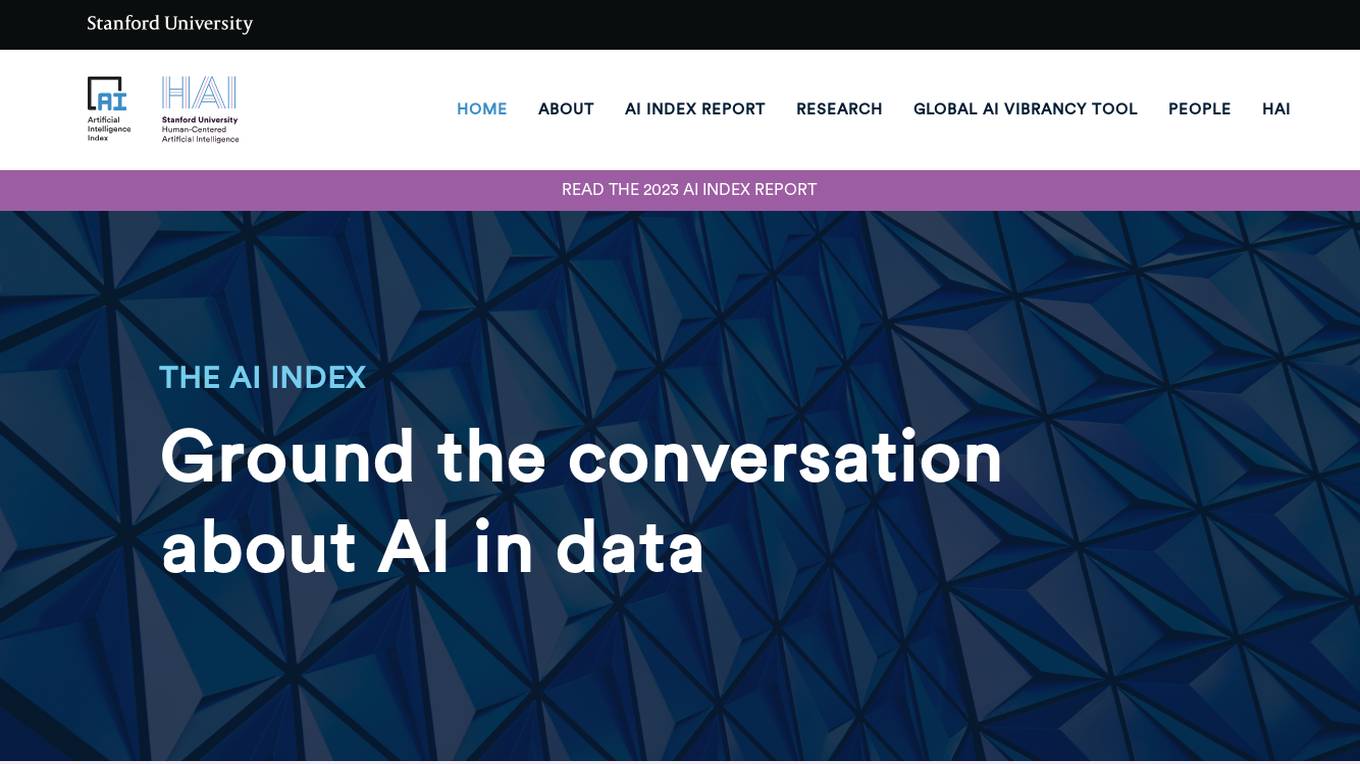
AI Index
The AI Index is a comprehensive resource for data and insights on artificial intelligence. It provides unbiased, rigorously vetted, and globally sourced data for policymakers, researchers, journalists, executives, and the general public to develop a deeper understanding of the complex field of AI. The AI Index tracks, collates, distills, and visualizes data relating to artificial intelligence. This includes data on research and development, technical performance and ethics, the economy and education, AI policy and governance, diversity, public opinion, and more.
0 - Open Source AI Tools
6 - OpenAI Gpts

Nature Escapes Travel
The Essential Personalized Travel Guide to Relaxing Escapes All Within a Day Trip from Your City.

Buildwell AI - UK Construction Regs Assistant
Provides Construction Support relating to Planning Permission, Building Regulations, Party Wall Act and Fire Safety in the UK. Obtain instant Guidance for your Construction Project.
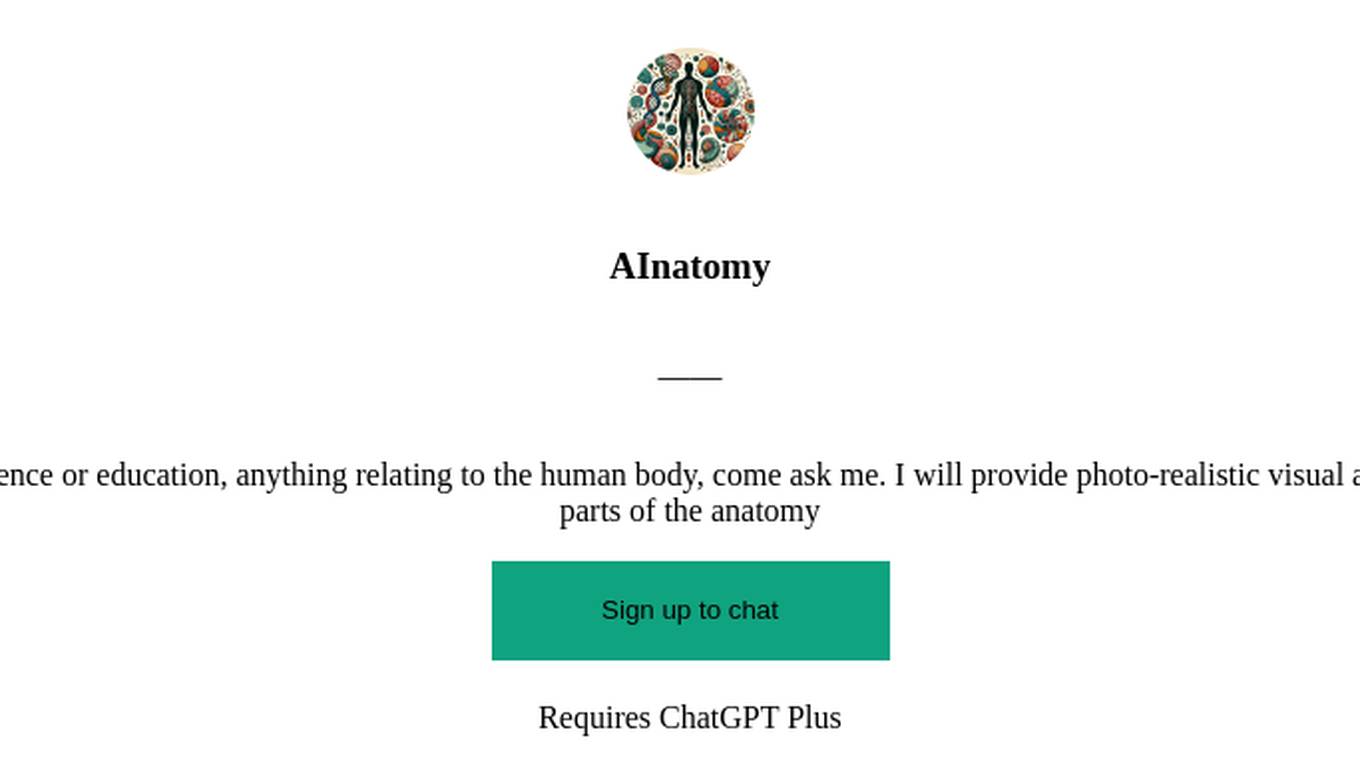
AInatomy
An expert in Human Anatomy, be it for art or science or education, anything relating to the human body, come ask me. I will provide photo-realistic visual aids and AI created models to expound on different parts of the anatomy
